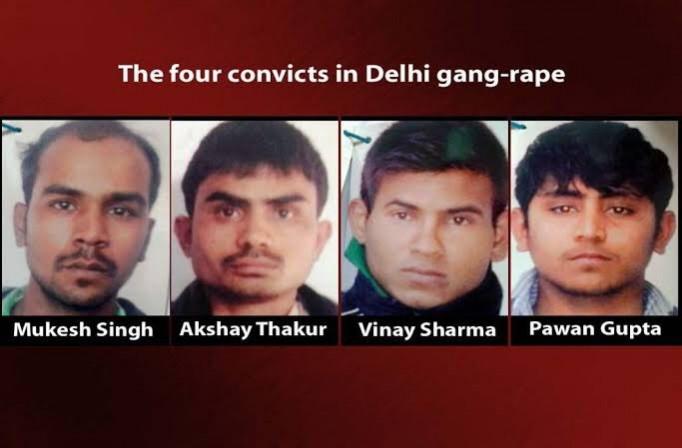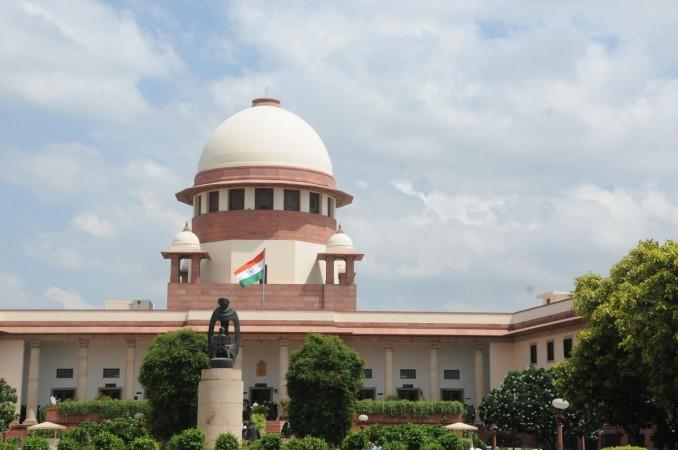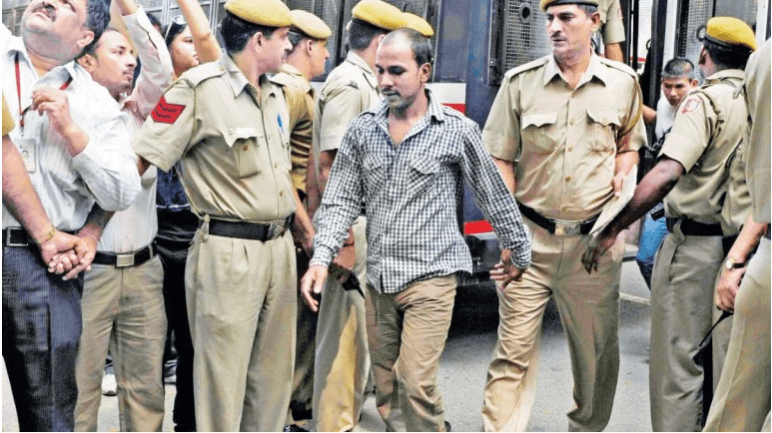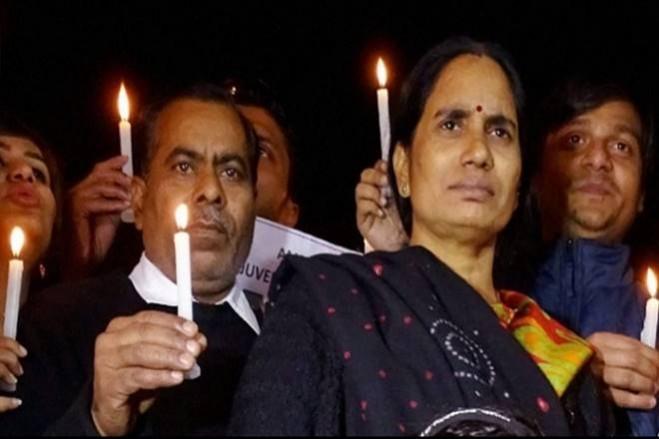Nirbhaya rape and murder case convict Akshay Kumar Singh's curative plea was dismissed by a Supreme Court bench on Thursday, January 20. Akshay is the third convict in the Nirbhaya rape and murder case to move a curative plea after Mukesh Singh and Vinay Kumar Sharma.
A five-judge SC bench, headed by Justice NV Ramana, will hear the curative plea at 1 pm in the judges' chambers. Akshay had approached the SC on Wednesday with the petition.

If the curative petition is dismissed, Akshay will have the option to move a mercy plea before President Ram Nath Kovind. The petition states that the SC should set aside the May 5, 2017 order, which upheld the death sentence of the convicts.
"Modify the sentence of the petitioner, to life imprisonment as it serves all the purposes that the death penalty claims to serve and protects society from the impending reality in the near-future in which torture and murder are equated with justice as a panacea for all social evils," the petition states.
The curative plea stated that "lack of criminal antecedents, erroneous reliance on deterrence, and the probability of reformation, socio-economic circumstances, non-consideration of Constitution bench judgment, were not considered by the courts while awarding his client to death".
Akshay had last month moved the apex court against his death penalty, citing Delhi pollution and explaining why his death sentence should not be carried out. The petition was rejected by the SC.

In his plea, Akshay Singh asked the Supreme Court to spare him the death penalty since life in Delhi is anyway getting "short" due to air and water pollution.
"... it is important to pertain here that Air Quality of Delhi NCR and metro city is burst and like a gas chamber... the water of Delhi NCR and metro city is also full of poison... Everyone is aware of what is happening in Delhi NCR in regard water and air," the petition says before asking a simple question.
"Life is short to short, then why death penalty? [sic]"
SC dismisses convict Mukesh Singh's plea
The Supreme Court on Wednesday, January 29, dismissed convict Mukesh Singh's plea seeking judicial review of the rejection of his mercy petition by the President. With this decision by the apex court, Mukesh has exhausted the last legal remedy available to him against the death row.
Dismissing the petition of 2012 Delhi gangrape and murder convict Mukesh Singh, the top court said there is no merit in the contention. "Alleged sufferings in jail can't be grounds to challenge the rejection of mercy plea by President," the SC stated.

A bench comprising Justices R Banumathi, Ashok Bhushan and AS Bopanna said that all the relevant documents connected with the case were placed before the President and then a decision was taken on his mercy petition.
The court observed that the alleged ill-treatment and cruelty in jail is no ground to grant mercy to the convict. Also, Mukesh's counsel's contention that there was non-application of mind while rejecting his mercy petition was rejected by the court.
"President has acted expeditiously is no ground to hold that there was non-application of mind," said the court.
Convicts' execution
Just three days remaining in the scheduled execution of death penalties in the 2012 Delhi gangrape-murder case as the four death row convicts are scheduled to be hanged on February 1. Earlier on January 17, President Ram Nath Kovind had rejected the mercy petition of Mukesh.
Nirbhaya gang-rape and murder
The 23-year-old woman was brutally gang-raped and tortured on December 16, 2012, which later led to her death. All the six accused were arrested and charged with sexual assault and murder. One of the accused was a minor and appeared before a juvenile justice court, while another accused committed suicide in Tihar Jail.

The remaining four were convicted and sentenced to death by a trial court in September 2013, and the verdict was confirmed by the Delhi High Court in March 2014 and upheld in May 2017 by the Supreme Court, which also dismissed their review petitions and curative petitions.














